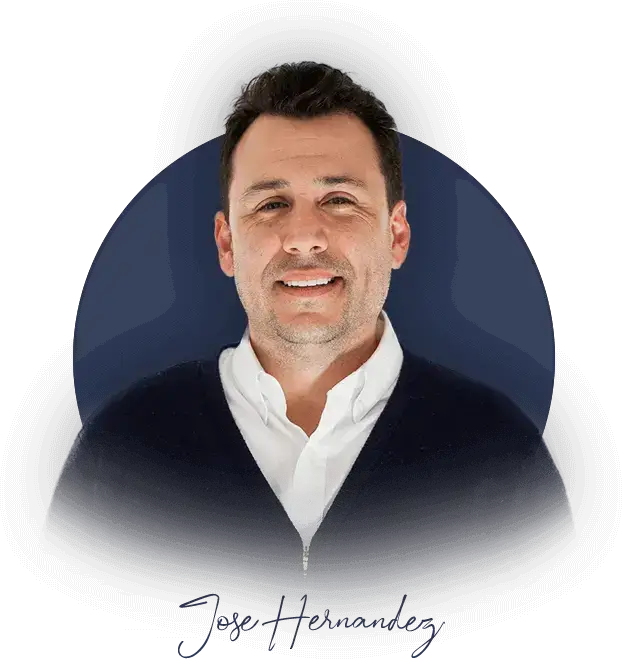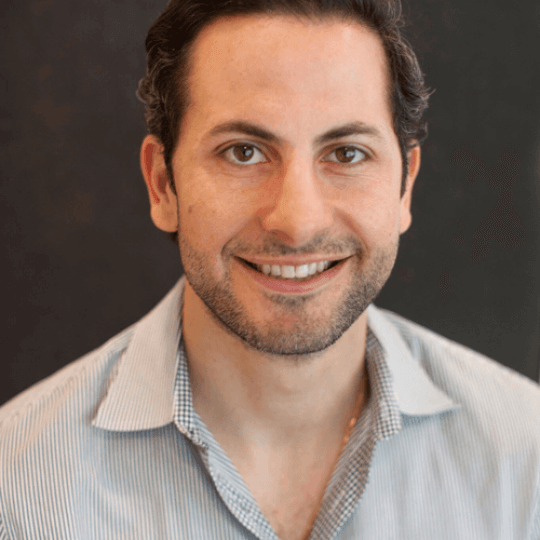The numbers don’t lie—teen drug addiction
is an epidemic. Nearly 15% of high school students have abused illegal drugs and 14% misused prescription opioids. These alarming stats mean your teen could be at risk.
Teen drug use often leads to risky behaviors. Those abusing prescriptions are more prone to dating violence. Injection drug use, like heroin, directly increases the chances of getting HIV or overdosing. All drug use places teens in danger of poor mental health, suicide, and unsafe sex.
Watch for withdrawal from family, dropping grades, new friends, or secrecy. Talk to your teen and set clear rules against drug use. Get help from a medical professional if needed. Together, we can combat this crisis and give youth a chance at a healthy future.

Common Addictions in Teens
A recent survey found that the most common addictions in teens are alcohol, vaping, nicotine, and cannabis. For the most part, reported levels of use have remained steady over the past couple of years, though some substances did see an uptick.
- Nicotine and Vaping: Nearly 1 in 3 high school seniors admitted to vaping nicotine in the past year. Vaping may seem cool and harmless, but nicotine is highly addictive, and vaping can damage your lungs.
- Alcohol: Almost 1 in 3 teens drink alcohol, and binge drinking is rampant. Alcohol may lower your inhibitions and seem like a quick fix for anxiety or stress, but it’s terrible for your health and development.
- Cannabis: Nearly 1 in 5 teens use cannabis, and vaping cannabis is growing in popularity. Weed, pot, or cannabis, whatever you call it, can negatively impact your memory, mental health, and motivation.
- Prescription drugs: According to recent surveys, the use of narcotics (Vicodin, OxyContin, Percocet) increased slightly among 12th graders between 2021 and 2022, consistent with the pre-pandemic levels observed in 2019 and 2020.
- Social media and technology: While not officially classified as an “addiction,” excessive social media and technology use can be problematic for teens. Things like social media, online gaming, and even phone use release dopamine, activating the brain’s reward center and reinforcing the behavior.

Risk Factors for High-Risk Substance Use Among Teens
As a parent, it’s important to understand the risk factors that could make your teen more vulnerable to substance abuse. Family history plays a role, so if addiction runs in your family, be extra vigilant.
Favorable Parental Attitudes
If you or other family members use drugs or alcohol regularly, your teen may view this behavior as acceptable or “normal.” Set a positive example by limiting your substance use.
Lack of Parental Monitoring
Do you know where your teen goes after school or who their friends are? Lack of parental supervision and involvement in your teen’s life can increase the risk of substance abuse. Set clear rules and boundaries, monitor their activities, and stay engaged in their life.
Rejection Due to Sexual Orientation or Gender Identity
Teens who feel rejected by their families due to their LGBTQ identity are at higher risk of turning to drugs or alcohol. Provide your teen with love, support, and acceptance. Let them know you care about their well-being.
Association With Delinquent or Substance-Using Peers
Hanging out with friends who use drugs or alcohol significantly increases the likelihood of a teen developing an addiction. Their peers may encourage substance use through peer pressure or make substances easily available to them.
Lack Of School Connectedness
Teens who feel little connection to their school or teachers have a higher risk of substance use. Encourage your teen to participate in extracurricular activities to foster positive relationships and connections with peers and mentors. Get to know your teen’s teachers and stay involved in their education.
Low Academic Achievement
Teens who struggle in school or have learning disabilities are more prone to addiction. Provide your teen with tutoring or learning support if needed. Give them praise and rewards for their efforts and achievements to keep them motivated.
Childhood Sexual Abuse
Unfortunately, teens who were sexually abused as children have a higher likelihood of developing an addiction. Seek counseling or therapy for your teen to help them healthily work through their trauma. Be vigilant for signs of addiction and get them help right away if needed.
Mental Health Issues
Teens dealing with conditions like depression, anxiety, PTSD, or ADHD also have a higher risk of addiction. Get an accurate diagnosis and treatment plan from a doctor, which may include therapy, medication, or other interventions.
Getting Help for Your Teen
The teen years can be difficult to navigate for both parents and kids. It’s normal for teens to experiment, push boundaries, and take risks as they figure out their identity and place in the world. However, some risk-taking behaviors can be a sign that your teen is struggling with addiction or substance abuse.
Don’t hesitate to call the Launch Centers helpline or set up an appointment with an addiction specialist. They are trained to assess if your teen meets the criteria for addiction and recommend an appropriate level of treatment. Depending on the severity, outpatient counseling, support groups, and inpatient rehab are options. The most important thing is getting your teen the help they need as early as possible.







